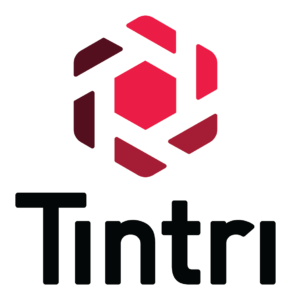The case for VM-aware storage
VMware remains central to many UK organisations’ data center infrastructures, and is showing no signs of going away.
Despite this stronghold, many infrastructures still grapple with fundamental data management and protection challenges. While All-Flash arrays have mitigated the notorious IO blender issue to some extent, numerous storage hurdles persist. Among these challenges, gaining insight into the storage IO demands and behaviours of individual virtual machines (VMs), as well as the imperative to forecast and plan for scalability, stand out as critical areas for innovation.
Transitioning from visibility to insight
The majority of storage systems supporting VMware environments operate on a block-based model, inherently lacking visibility into specific VM IO activities. VMware introduced VVOLS in 2015 to enhance VM visibility, yet its volume-based nature constrains rapid response to specific IO conditions. Alternatively, a file-system based storage architecture, treating VMs as files, offers visibility into each VM’s IO profile.
However, harnessing this granular view necessitates more than merely hosting VMs on an NFS volume. Intelligent software embedded within the storage system is required to continuously analyse each VM’s IO pattern, storage capacity consumption rate, and provide predictive forecasting and modeling of future utilisation. Armed with such insights, IT can promptly address storage performance issues, either through corrective measures or by disproving storage as the bottleneck source.
Advancing from insight to learning
Insight into the IO characteristics of individual VMs empowers IT to swiftly and precisely intervene when issues arise. Intelligent infrastructure, through learning from analytics, can autonomously take corrective action. Informed by analysis, it should proactively mitigate outages or adapt to changing performance demands. Leveraging machine learning on existing storage system data enables organisations to evade the burdens of manual storage monitoring and management.
Addressing scalability challenges
Scale presents a universal challenge for VMware and infrastructure administrators. Either the existing storage system will exhaust its capacity or fail to meet IO demands. Scaling typically entails integrating additional storage systems and migrating workloads, a process complicated by current solutions’ tendency to start large, lack granular scalability, and strain the storage network. A more intelligent approach involves a system capable of scaling up by adding storage capacity and scaling out by integrating additional storage systems. The latter can commence with minimal capacity and expand gradually to meet evolving needs.
The conventional obstacle with multiple storage systems lies in their management and determining which VMs necessitate migration. Innovations in storage systems should enable IT to forecast the requirement for new systems using the aforementioned methods. Additionally, there is a pressing need for innovations automating the selection and migration of VMs to new storage systems. Attempting migrations between systems lacking VM awareness proves arduous, time-consuming, and likely to impact production applications.
Empowered with intelligent scale-out capabilities, IT can procure a superior performing storage system with initially lesser capacity than the existing one. Leveraging analytics, the storage software can automatically migrate the most suitable candidates to the new system, liberating capacity on the current system and enhancing VM performance.
Conclusion
To enable IT professionals to focus on tasks with direct and positive organisational impact, self-managing technology is essential. Storage systems and infrastructure serve as an ideal starting point for this transformation. A VM-aware system, with proper intelligence, can furnish invaluable telemetry data empowering IT to optimise storage management. Ultimately, the endgame is to have storage systems autonomously learn from telemetry data and undertake corrective actions, freeing IT to tackle higher-level tasks.
Want to find out more?
As a Tintri Partner, Complete IT Systems can offer you expert advice on the solutions and how they could be effectively deployed in your business. More information is available on our Tintri solutions page.To find out more please call us on 01274 396 213 or use our contact form and we’ll arrange a good time to call you back.










